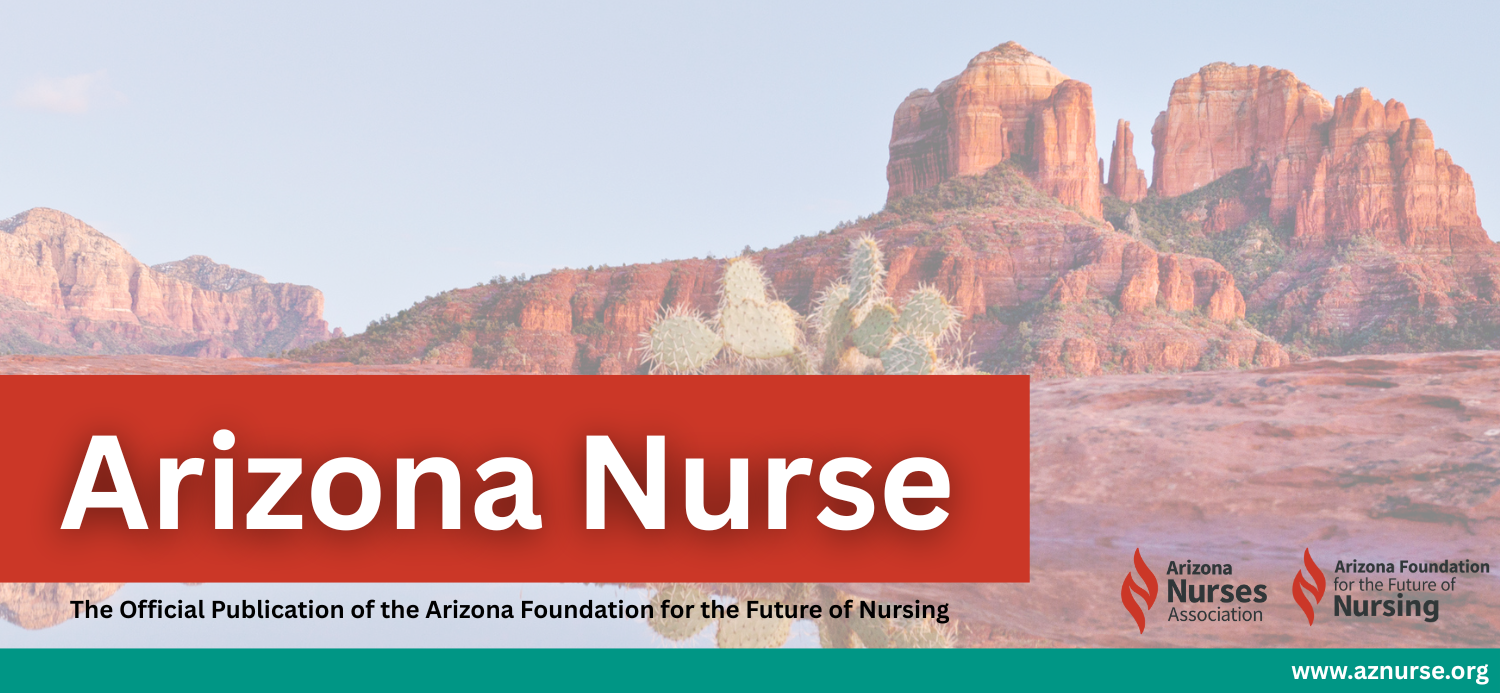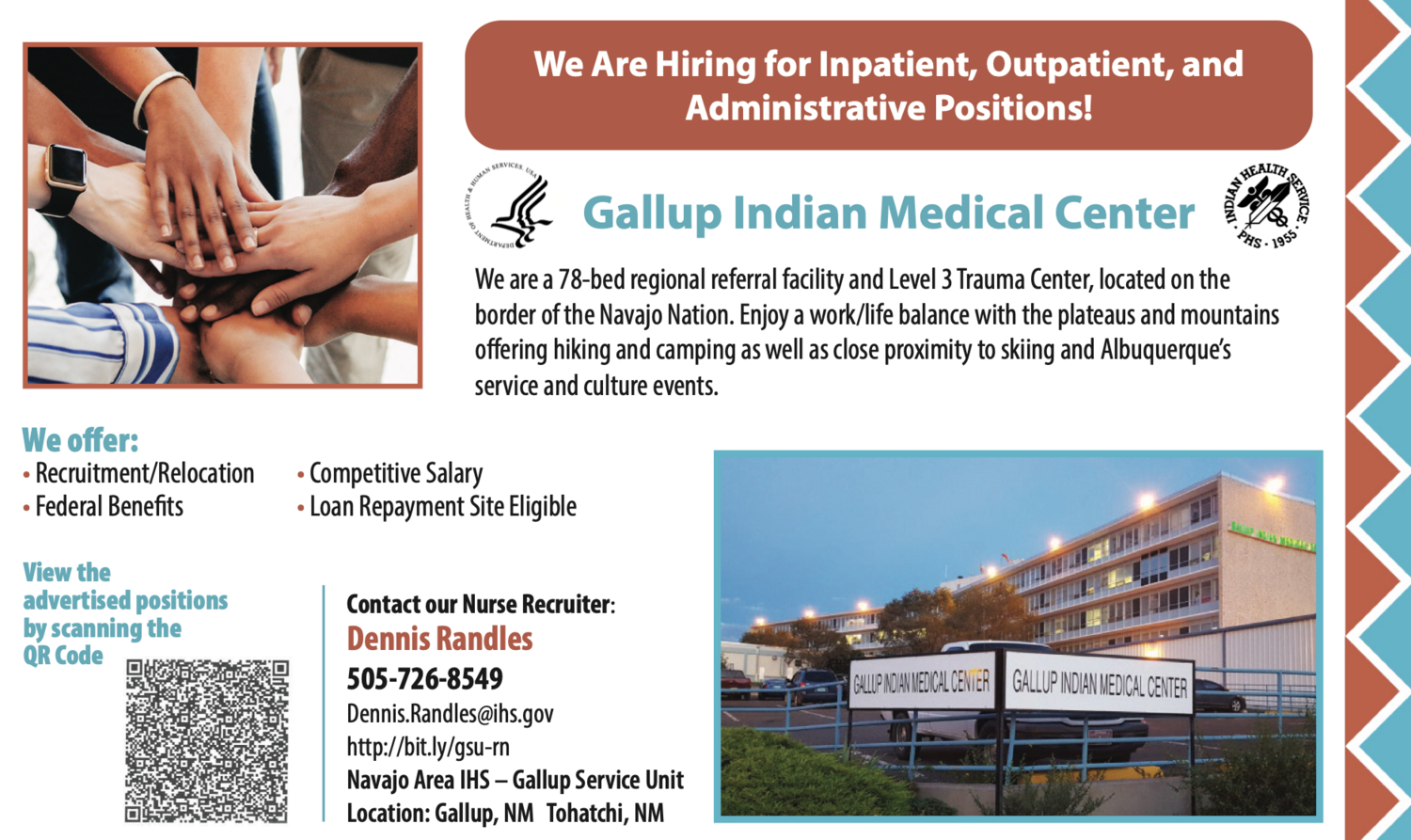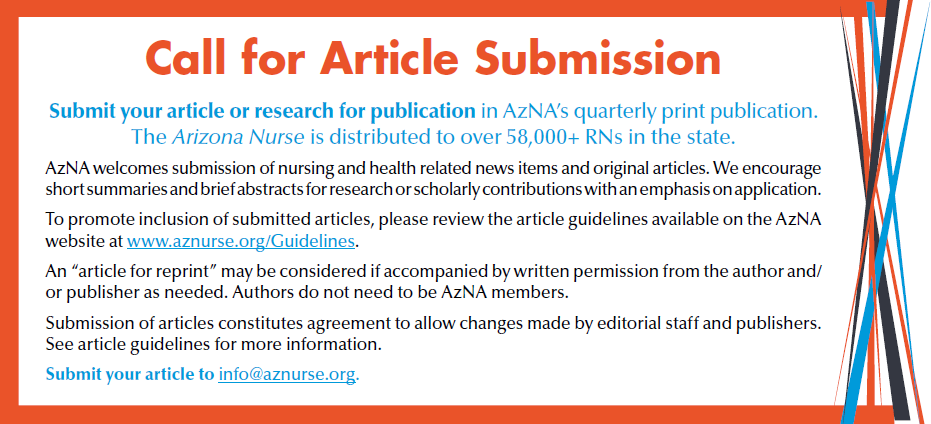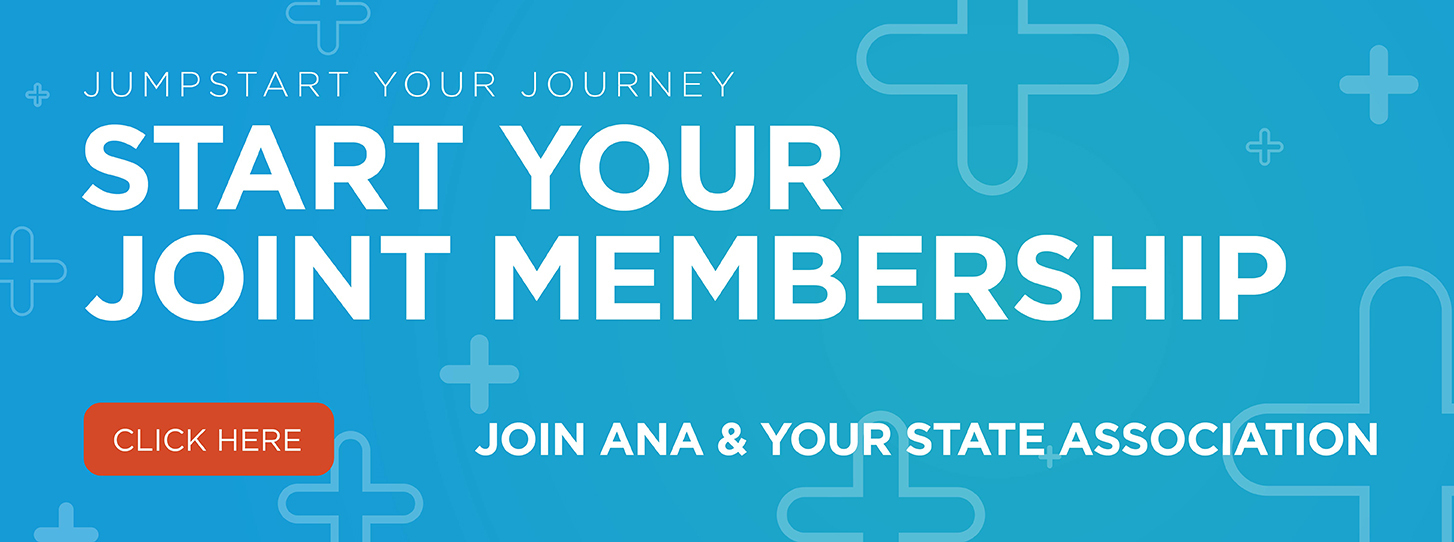As nurses, you dedicate yourselves to ensuring optimal patient care, often placing the needs of others above your own. These pressures have only intensified over the past few years, making burnout and emotional fatigue all too common in the profession. The American Nurses Association (ANA) is sending an important message: caring for yourself is essential to provide the highest level of care to your patients
ANA, together with the American Nurses Foundation and the American Nurses Credentialing Center, launched two resources to address this issue. The Well-Being Excellence™ program and the Nurse Well-Being: Building Peer and Leadership Support - Training are new initiatives developed by ANA to foster resilience, alleviate stress, and empower caregivers to thrive---both on the job and in their personal lives.
Why This Matters Now
It's no secret that nurse burnout has reached alarming levels, affecting not only you but the quality of care you provide for your patients. Exhaustion, emotional strain, and even feelings of helplessness can make it hard to give your best. Acknowledging and addressing this reality is not a sign of weakness, it's the first step toward healing.
As nurses, you are required to be resilient, but you can't do that without support systems. That's where ANA's latest initiatives step in. These programs encourage nurses to prioritize their own health, enabling them to bring their best selves to the bedside. They serve as a powerful reminder of how interconnected self-care and patient care truly are. Taking a moment to care for yourself allows you to bring clarity, compassion, and strength to the care you give others.
What Are the New Resources?
-
Nurse Well-Being: Building Peer and Leadership Support - Training
Free and tailored for individual nurses, this training offers strategies to manage stress, build resilience, and connect with peers. It's free to access and emphasizes practical steps you can take to enhance your well-being right away. (Want to explore facility-wide implementation? Get the Nurse Well-Being Implementation Guide) -
Well-Being Excellence™ Program
This program is designed for healthcare facilities to build systems that prioritize staff well-being. How do you measure the success of your well-being programs? Well-Being Excellence™ offers a solution by providing evidence-based standards to evaluate and enhance your organization's well-being efforts. It focuses on three critical aspects:-
Supporting leaders in fostering a culture of care for their teams, strengthening recruitment and retention efforts
-
Providing tangible resources to address burnout and emotional stress.
-
Offering certification to facilities that continually prioritize the mental health of their staff.
-
By fostering environments where nurse well-being is actively supported, this program aims to improve not only job satisfaction but also patient outcomes.
What Can You Do?
While these programs are a step forward, their impact depends on widespread adoption and use. Here's how you can make a difference:
-
Advocate for Change: Talk to leadership at your workplace about adopting the Well-Being Excellence™ program. Encourage them to commit to a culture where your well-being isn't just encouraged but actively supported.
-
Use the Tools: Explore the Mental Health and Well-Being training resources. Even small changes in how you manage stress or prioritize your needs can have a ripple effect on your health and work.
-
Support Each Other: Share these resources with your peers and remind one another that seeking help is not a sign of weakness but of strength.
The Bigger Picture
Programs like these remind us of the vital role that nurse well-being plays in the healthcare system. When you are at our best, patients receive more attentive and compassionate care, and healthcare environments become safer and more supportive for everyone.
Let's create a future where no nurse has to choose between their health and their dedication to their patients. It starts with each of us---making the time, taking the steps, and asking for the resources we need to thrive.
Remember: You are not alone in this journey. Together, we can build a culture of care, for ourselves and the people who depend on us every day.
























